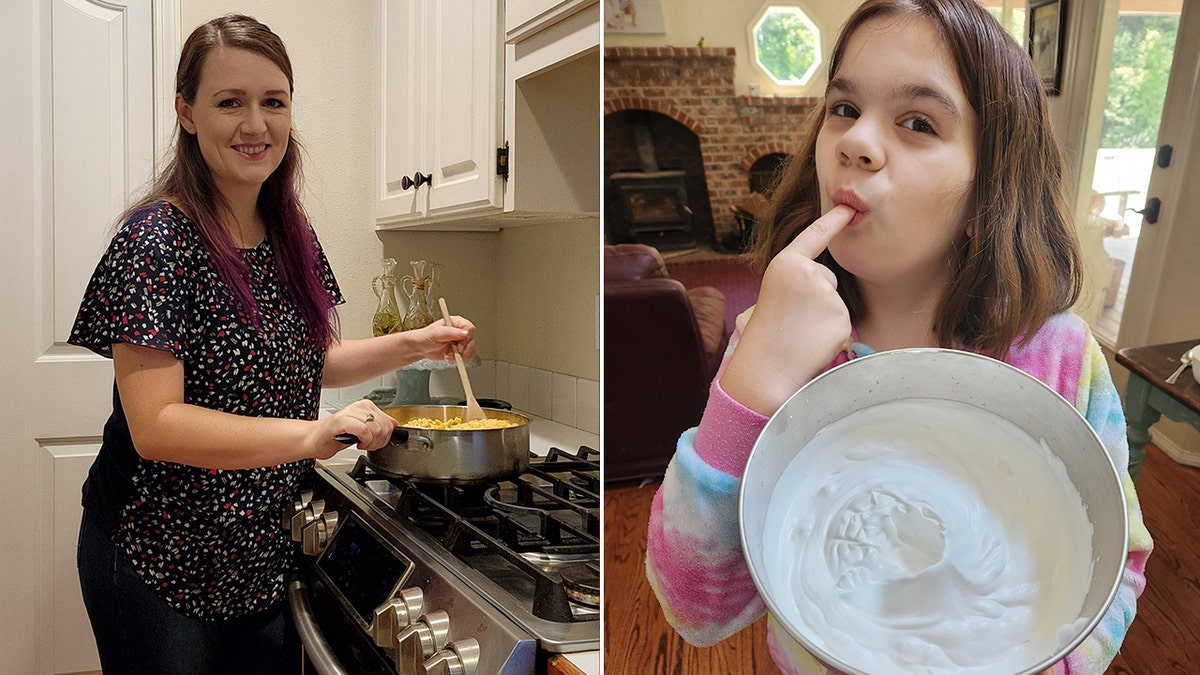Oregon-based author Teralyn Pilgrim's journey to minimize food waste at home unexpectedly transformed into a money-saving endeavor, detailed in her book "No Scrap Left Behind: My Life Without Food Waste."
Motivated by a sense of responsibility to reduce excess, Pilgrim, a mother of three, embarked on this project. She quickly discovered that her efforts weren't just environmentally friendly – they were also significantly impacting her family's finances.

Pilgrim revealed to Fox News Digital that she hadn't initially grasped the extent of her grocery spending. She believes many shoppers experience a similar disconnect, mindful of prices in the store but less aware once the groceries are home. Pilgrim now saves $100 a month, an unexpected benefit that also improved her family's organization and overall quality of life.
Her book offers practical advice on refining shopping lists, repurposing leftovers (upcycling), and extending food preservation – techniques that contributed to her family's monthly savings. Pilgrim emphasizes the importance of mindful purchasing, urging consumers to resist overbuying and to realistically assess how much they will consume before food spoils.

Planning meals for the week and creating a detailed shopping list are key strategies. Pilgrim recommends carefully considering portion sizes and anticipated leftovers to avoid purchasing more than can be eaten before it goes bad. This approach not only saves money but also minimizes waste.
Unlocking Culinary Creativity in a Waste-Free Kitchen
Embracing a zero-waste kitchen can also spark culinary innovation. Pilgrim finds immense satisfaction in devising new dishes from existing ingredients, highlighting the creative opportunity and financial reward of using resources effectively. It's a chance to experiment and discover new flavors while saving money and reducing environmental impact.

While food waste is often linked to large-scale industries, Pilgrim stresses the significant role consumers play. She believes individual actions have a collective impact and that everyone can contribute to positive change. Beyond the environmental benefits, she hopes the potential for financial savings will motivate others to adopt waste-reducing practices. Pilgrim notes that many money-saving guides overlook food waste reduction, despite its effectiveness and simplicity. She found it easier and more impactful than other strategies she'd attempted.
Comments(0)
Top Comments